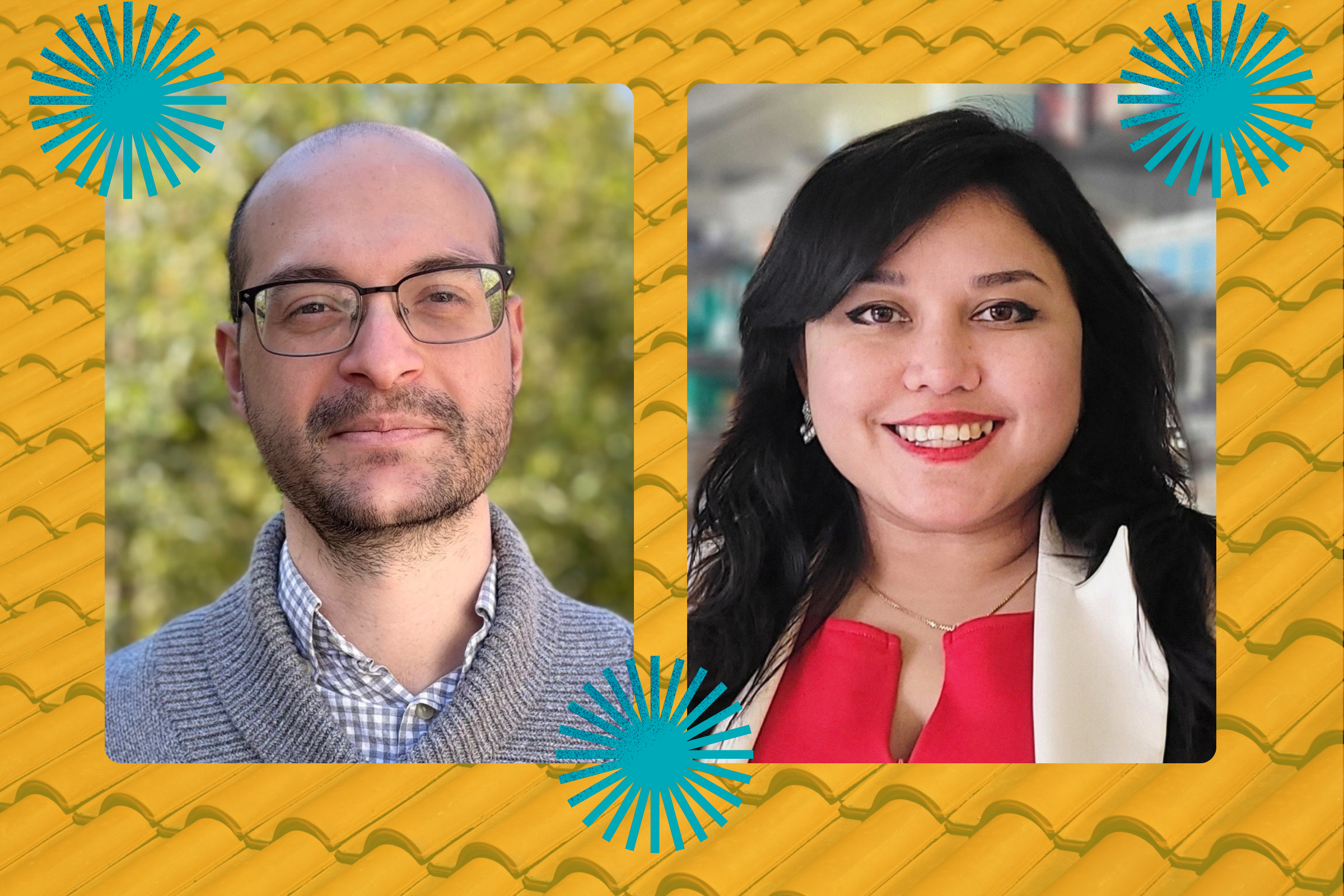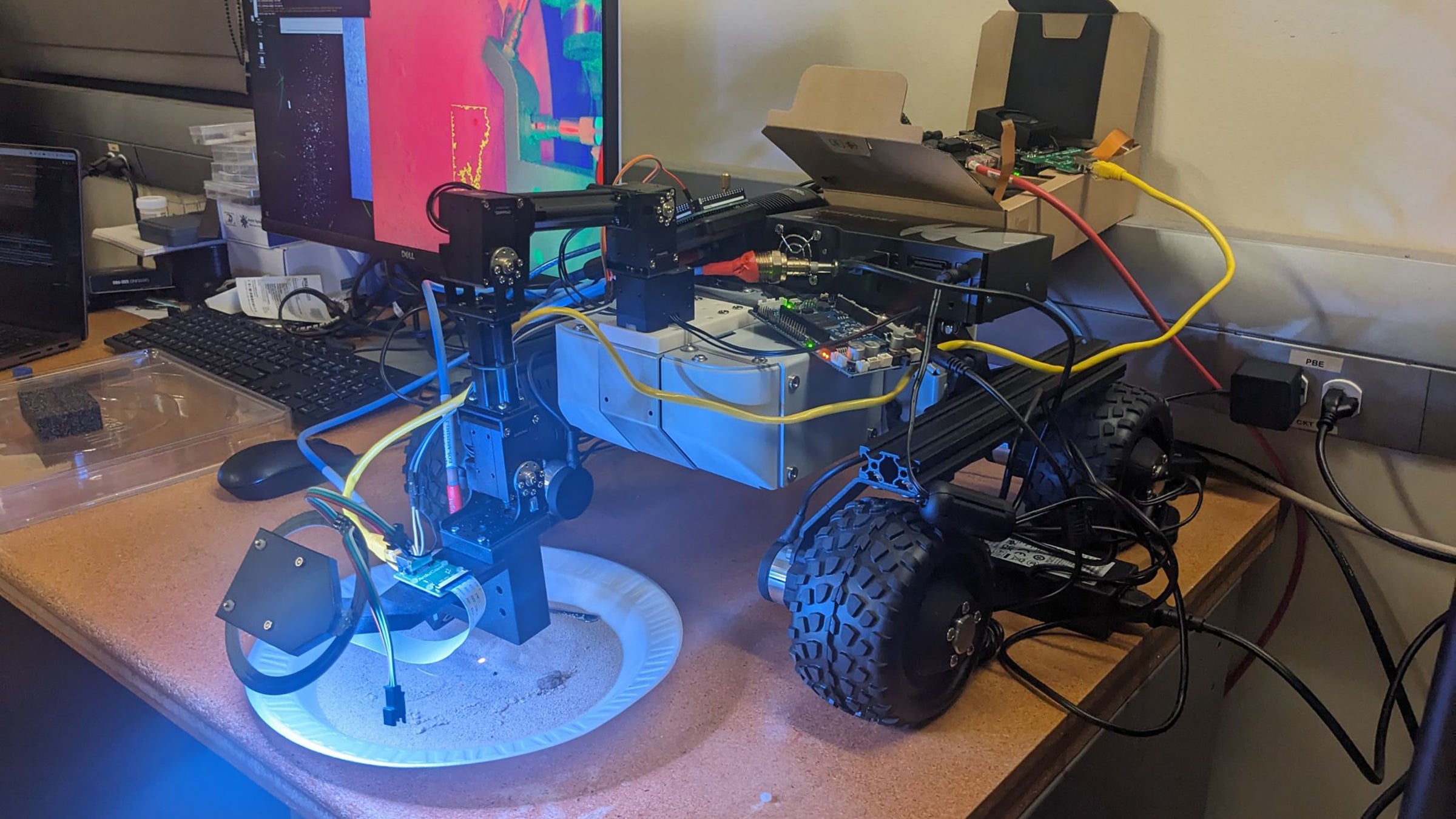Chelikowsky Receives 2025 Hill Prize in Physical Sciences
Three UT Austin scientists and engineers received high-risk high-reward awards this year from TAMEST.

James Chelikowsky
The University of Texas at Austin’s James Chelikowsky, a professor of physics and chemical engineering, and principal faculty at the Oden Institute for Computational Engineering and Sciences, has been awarded the 2025 Hill Prize in Physical Sciences for his innovative approach to designing and discovering permanent magnets. The award is given by the Texas Academy of Medicine, Engineering, Science and Technology, TAMEST, and Lyda Hill Philanthropies to propel high-risk, high-reward ideas and innovations that demonstrate significant potential for real-world impact and can lead to new, paradigm-shifting paths in research.
Chelikowsky received the prize for his innovative approach to designing and discovering permanent magnets. The development of energy materials for green technologies, such as electric vehicles and renewable energy systems, heavily depends on rare earth elements (REEs) for permanent magnets. However, the inclusion of REEs often faces secure supply chain issues. Additionally, the scarcity of REEs, such as neodymium (Nd) and dysprosium (Dy), poses a significant challenge for scaling up technologies like wind turbines.
To address this, Chelikowsky and his UT Austin team will collaborate with researchers at The University of Texas at Arlington. They will leverage artificial intelligence, quantum simulations and experimental techniques to design and discover non-rare-earth abundant permanent magnets. The team will use the prize to explore promising alternatives that exhibit comparable magnetic properties to traditional REE-based magnets. Their approach could significantly impact energy security and accelerate the transition to sustainable energy solutions.
“Winning the Hill Prize is very significant to both me and my colleague at UT Arlington, Professor J. Ping Liu. It allows us to undertake high-risk research that might not otherwise be possible. This recognition provides us with the freedom to explore new pathways and advance the boundaries of our work. This prize also recognizes the potential profound impact our work could have in predicting new materials, especially high-performance magnetic materials,” said Chelikowsky, who is also the Director of the Center for Computational Materials at the Oden Institute.
Two other UT Austin faculty members also won 2025 Hill Prizes: Joan Brennecke and Benny Freeman, professors at the McKetta Department of Chemical Engineering, were chosen for the 2025 Hill Prize in Engineering.
"It is with great pride that I congratulate this year’s Hill Prizes recipients. Their innovation is remarkable, as is their unwavering dedication to creating game-changing discoveries that address such crucial issues in our society,” said Lyda Hill, Founder of Lyda Hill Philanthropies. “Their contributions are a testament to their talent and perseverance, and I look forward to seeing how these prizes will support their efforts to shape a better and brighter tomorrow for us all."
TAMEST was founded in 2004. It comprises Texas-based members of the three National Academies (National Academy of Medicine, National Academy of Engineering and National Academy of Sciences) and other honorific organizations. TAMEST brings together the state’s brightest minds in medicine, engineering, science and technology to foster collaboration, and to advance research, innovation and business in Texas.
Hill prizes are given in six categories: medicine, public health, engineering, biological sciences, physical sciences and technology. Each winner receives $500,000 in funding to advance groundbreaking science in Texas. Leaders of the winning groups will be recognized Feb. 4, at the TAMEST 2025 Annual Conference. Each recipient will submit an annual impact report to TAMEST and Lyda Hill Philanthropies to showcase their progress and highlight how the prize has accelerated their research.
Applications for the 2026 Hill Prizes will open May 1, 2025.
Adapted from an announcement by TAMEST.



